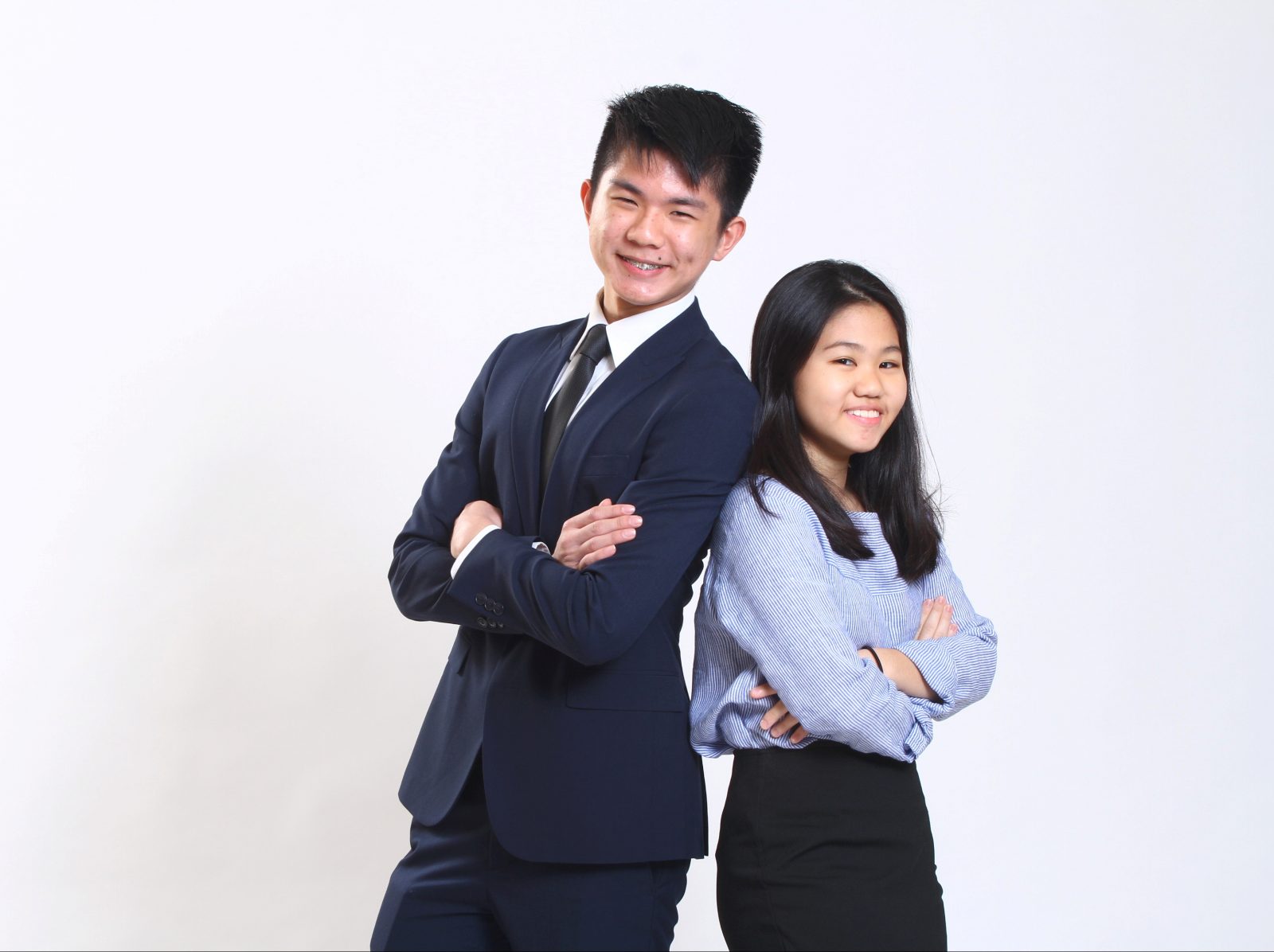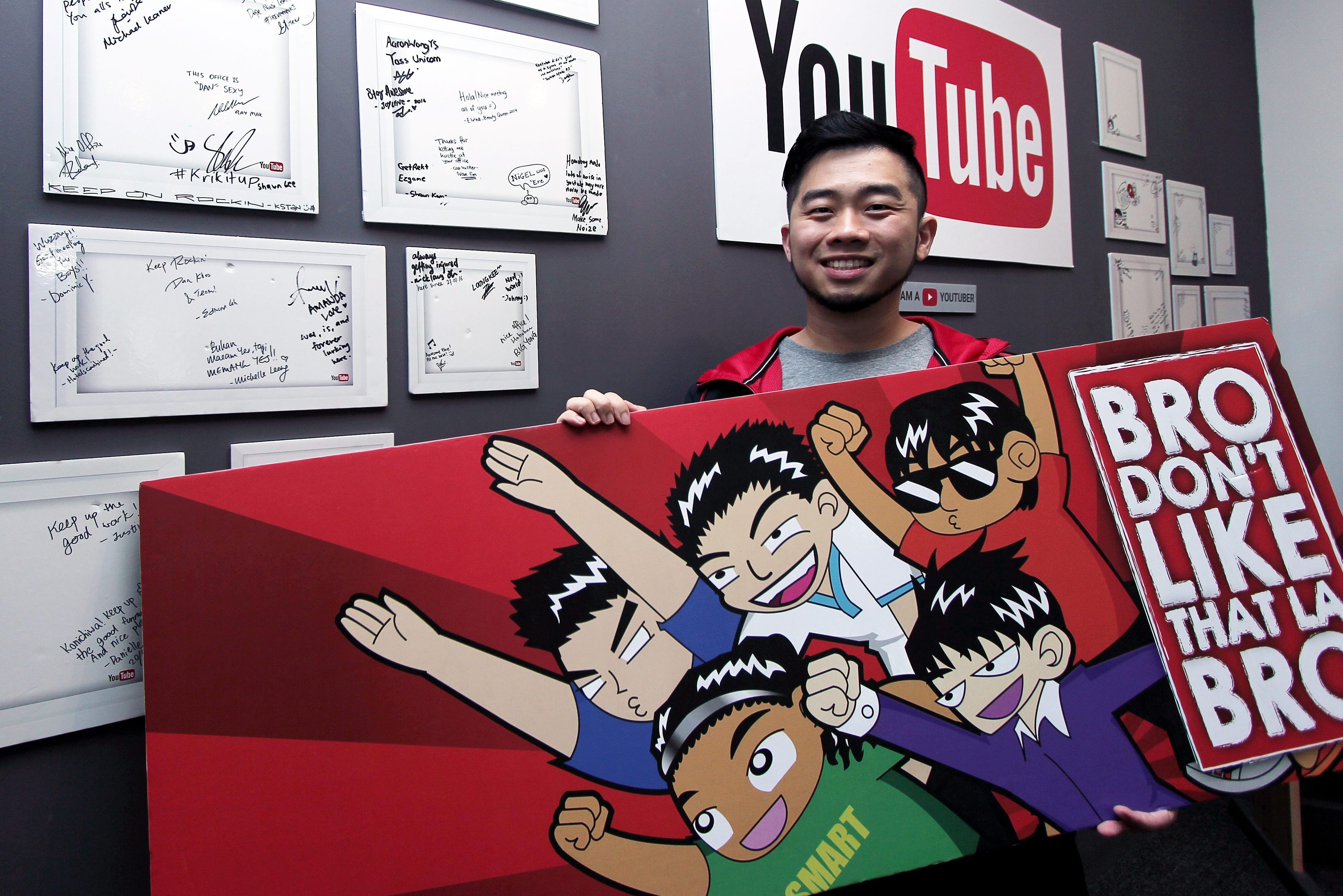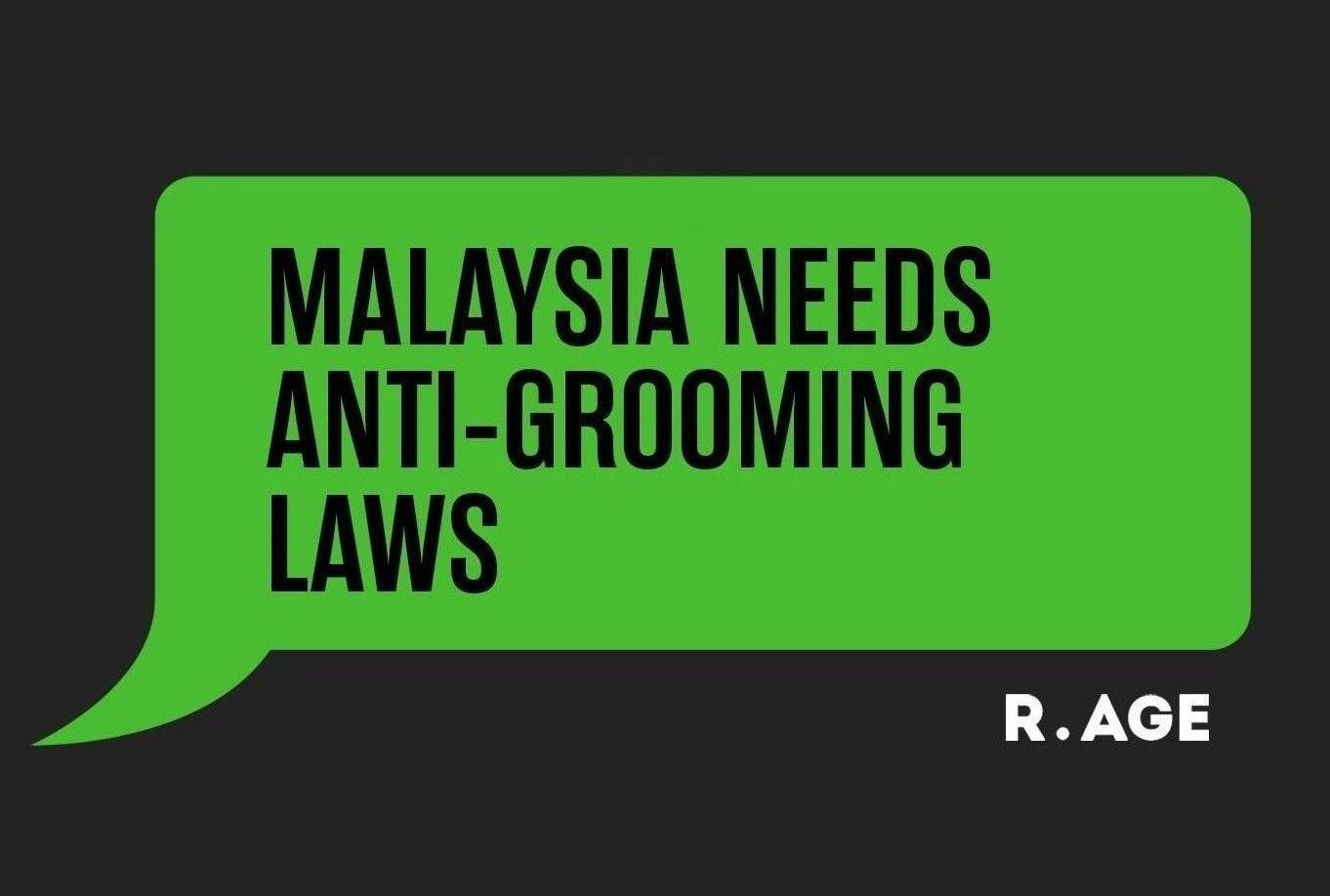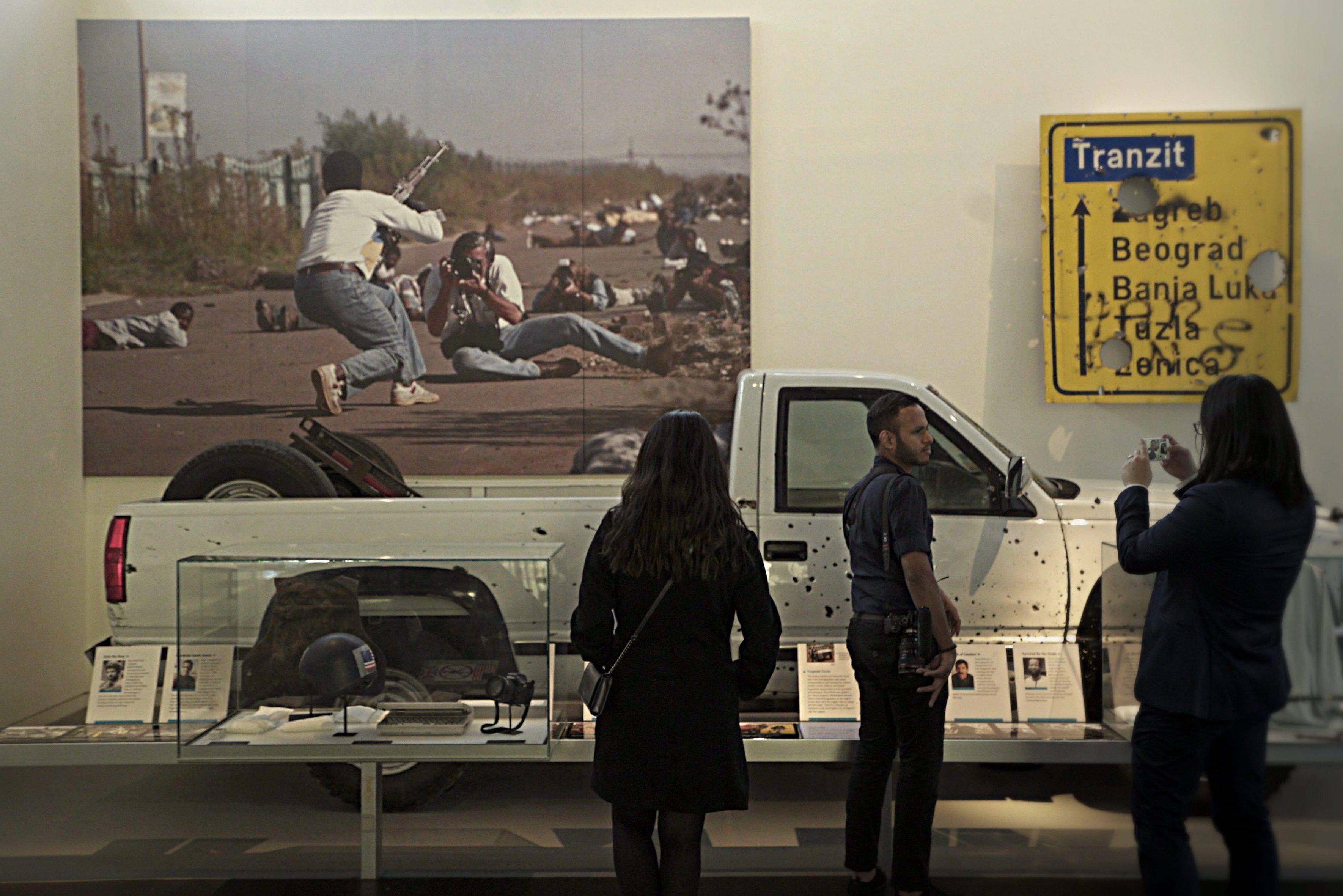By CARLOS RUBEN DOURADO and THAI YI LIN
fb.com/thestarRAGE
THERE has been a lot of buzz about our university-level debaters – the team from IIUM, for example, were the first Malaysians to emerge champion at the Cambridge Intervarsity debating competition in 2015.
But school-level debaters are making waves as well.
Tan Sein Jone and Ji Fang Qing, both 17, from Sri KDU International School, were the first – and youngest- Malaysian team to break into the Top 40 of the Cambridge Union Schools Debating Competition (CUSCD), one of the biggest and most competitive student-level debating competitions in the world.
It was a huge coup, but they couldn’t have done it without their head coach, Keana Reinu.

Keana (middle), is proud of how Tan (left) and Ji have made Malaysia proud despite being one of the youngest teams at the competition. — RAYMOND OOI/The Star
“She was strict but fair. If it wasn’t for her, we wouldn’t be here,” said Tan.
It wasn’t an easy journey, though. While waiting in the wings for their turn to get onto the podium, both debaters were covered in cold sweat.
“It felt like there was an enormous responsibility on our shoulders to do well,” said Tan. “It was made more nerve-wracking because we were facing formidable opponents and we were the only team representing Malaysia.”
But despite their nerves, they blitzed their way through the qualifying rounds – before heading to big leagues, they first had to participate in the Asian Schools British Parliamentary Championship (ABC) in Hong Kong, where 60 teams vied for eight coveted spots in Cambridge.

Ji (left) and Tan at the Main Chamber of Cambridge Union; they beat 15 other Malaysian teams in the regional competition to be the first Malaysians to set foot there. — Handout
Tan and Ji were the only Malaysian team who made it, along with teams from Sri Lanka, Hong Kong and the Philippines.
After that, it was on to Britain, where 80 teams would vie for the coveted Schools’ Champion trophy.
It was there that the duo realised that the regional-level competition was easy compared to the debaters they faced down on the Cambridge playing field. We’re talking about debaters from the most elite schools in Britain – many of which had brought home trophies before – like prestigious boarding school Westminster School.
“Coming from such a small country, it’s easy to be intimidated when pitted against debaters from such established countries,” said Tan.
“We had to push ourselves further to stand out, so we tried our best to come up with dynamic and fresh arguments and rebuttals in every match.”

Hours of gruelling training made it easy for Tan to lay out a convincing argument. — Handout
“We noticed that the British debaters proposed their arguments in more convincing ways than we did,” said Ji. “So we pushed ourselves and tried to package our arguments better and made it.”
Tan and Ji’s efforts worked out – they managed to beat two British teams that way.
Sadly, they didn’t manage to win – the champions were Canada – but they still consider it a huge honour that they managed to make it to Cambridge and compete against the creme de la creme of the debating crop.
“Their debating styles were different, because each debater has a different way of delivering his or her points,” said Ji. “That allowed us to experience first-hand how British debaters think, and has allowed us to hone our own skills!”

Ji’s strength is in rerouting an argument by rebutting any opponents’ statements. — Handout
Prior to the debate competitions in Hong Kong and Cambridge, Tan and Ji participated in national and international competitions, like the Malaysian National School Debating Championship in 2015 and 2016, the Swinburne Sarawak Inter-School Debating Championship 2015 and the World Schools Academy 2015 in Slovenia. They joined forces for the ABC, which according to Keana, was a great move.
“He’s better at delivering initial arguments while her strengths lie in coming up with rebuttals to the opposition’s arguments,” she said. “This is the hallmark of a great partnership.”
All-star team
Tan and Ji owe a great deal of their success to their coach, but on top of that, Reinu herself is making waves in the debating world.
The 24 year-old is the first Malaysian adjudicator (a judge at debate competitions) to be on the Chief Adjudication Panel of the World Schools Debating Championships (WSDC) in 2016, a global competition for high school debaters, representing 50 nations worldwide.
As a trainee adjudicator, she judged the quarterfinal rounds of the WSDC in 2013 and 2014, and evidently did a good job because when she applied to be a full-fledged adjudicator, debaters from across the world voted her onto the panel.
“That’s how I became the first Malaysian judge, and I’m still very proud of that,” she said. “I’m one of the youngest ones, which shows the world you can achieve anything at any age.”
Keana has used the experience she’s gained from being an adjudicator to mould her students – including Tan and Ji) – into top-class debaters.

Keana is making a name for Malaysia in the global debating community as the first Malaysian to sit on the Chief ADjudication Panel of the WSDC. —RAYMOND OOI/The Star
“Coaching a team is about meeting each other halfway. Nobody can work miracles alone,” she said.
“Both parties have to put in hard work, and most importantly have a healthy relationship of mutual respect to ensure they can work well together in any setting.”
She wasn’t joking about the hard work: debaters undergo grueling training before they can even get onto a competitive stage.
Her debaters train for six hours each week, researching and debating every possible motion.
“I make them do their own research. It makes them less reliant on other people, which I think is very crucial to their development,” said Keana emphatically.
“In school you’re given a textbook, but that’s not how it works in the real world. And that’s what debating is for, to prepare them for the challenges which lie ahead. Don’t expect someone to answer a question for you, answer it yourself.”
That tough-love stance is what has helped Ji and Tan make it all the way to Cambridge – and she isn’t planning on stopping there. Ji and Fang will make their way to university, where they each plan to keep debating, but there’s still an upcoming crop of students that Keana plans to mould into champs.
“The next batch will reach above and beyond,” she promised.
Debating the future
While debating is becoming more popular in Malaysia thanks to the efforts of the Malaysian Institute of Debate and Public Speaking (MIDP), a social enterprise that aims to facilitate the growth of debating here, Keana says still more people need to get involved.
“Internationally, debating is becoming more common because the world is no longer about theories and paper results,” said Reinu.
“More people should get involved so we have more ideas to contribute to more development in society, as well as the country.”
On a personal development level, debating can really help Malaysian youth blossom, said Tan and Ji.
“Before becoming a debater, I only saw the world in one light,” said Ji. “But now, I see different aspects to each argument. When you listen to someone’s responses in a debate, it can broaden your view.”
To Keana, it’s simple: for the nation to progress, the youth need to learn to speak up.
“Young people are taught how to act and behave which isn’t a bad thing but there’s a lack of understanding and developing their own opinions. And more than anything they need to learn how to present themselves,” she said.
That’s why, she said, debating is a great tool for developing young leaders.
“Most of my kids on the debate team are shy and reserved, but they’re being trained and groomed into debaters. You can learn how to be confident.”





Tell us what you think!